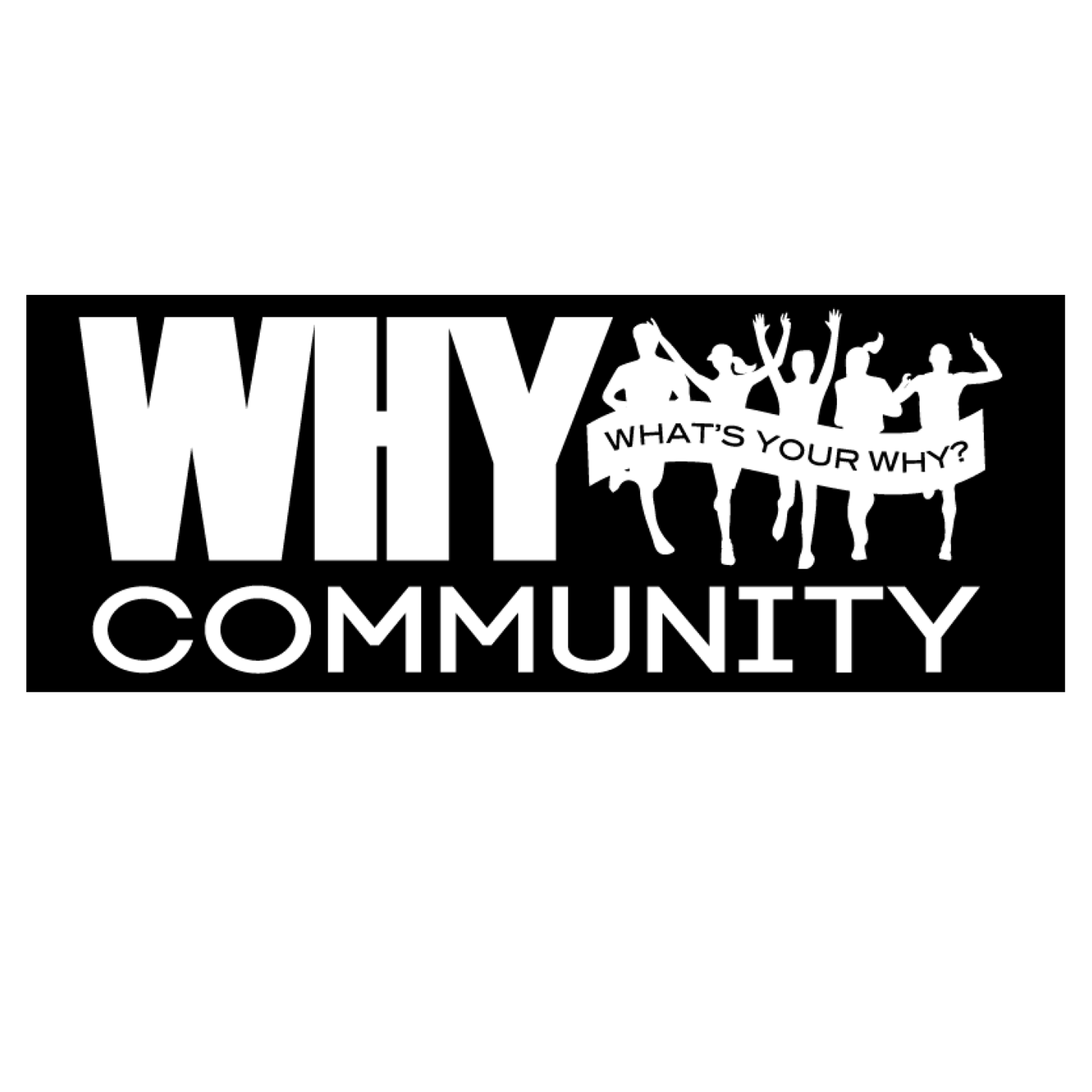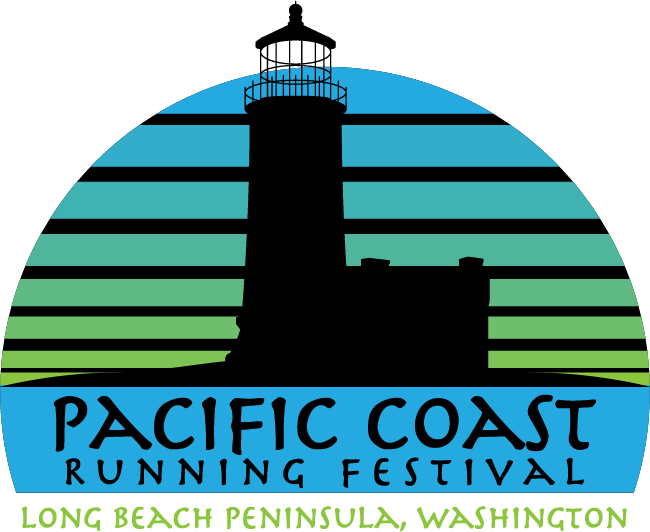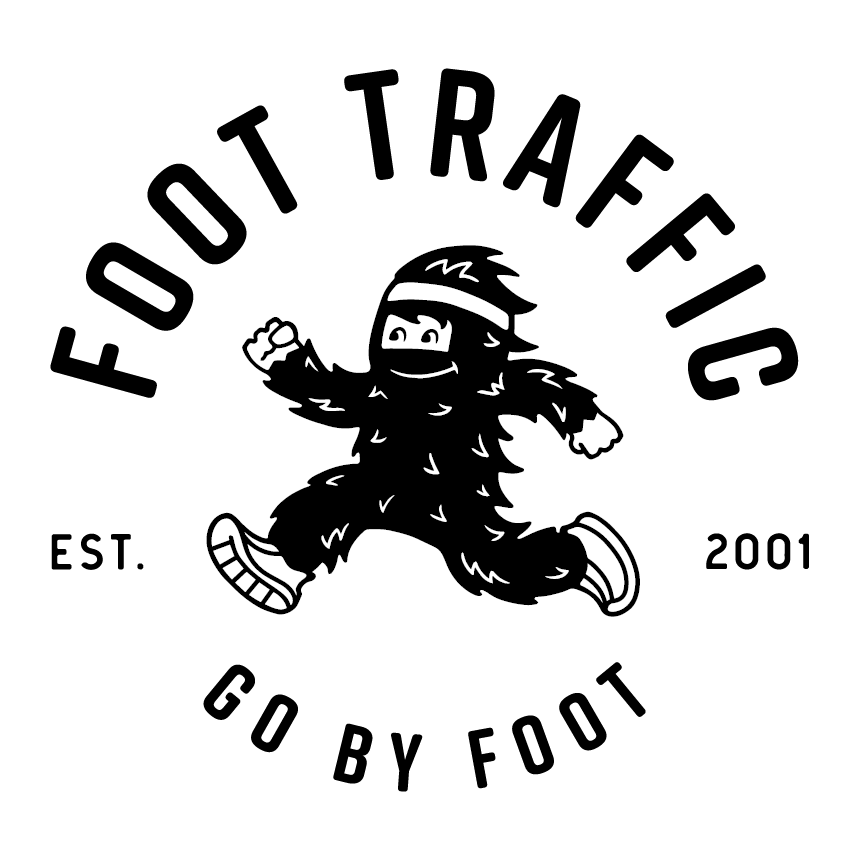Training Preparation
Ok, Step #1. Register! That puts purpose to your training and forces you to commit – an important part of getting to the finish line!
Step #2. It’s time to train! Yes, we want you to get to the finish line feeling strong, healthy, reaching for your best, and injury free!
USA Triathlon has created a Time to Tri website with a wealth of knowledge and training tips. The site will allow you to list your experience level with swimming, biking and running and then will provide a custom, personalized training program to your level of expertise. There are training guidelines for swimming, biking, running, transition and motivation tips.
Click here and Bookmark this Time to Tri website
One way to help your training is to join a local running, biking or Tri club, clinic or training studio. Here is a list of resources to assist you with your training and preparation:
- Running Clubs:
- Foot Traffic University
- Clark County Running Club
- Vancouver Run, Grug & Chug Club
- Oregon Road Runners Club
- Eastwind Running & Endurance
Triathlon Training Clubs:
- Willamette Valley Triathlon Club
- Steelhead Coaching and Personal Training
- TrIumph Triathlon Club
- Portland Triathlon Club
- O2 Endurance
- Tri Team PDX
- Deschutes Multisport Club, Bend
- Amelia’s Army (Triathlon Club for Women)
Personal Training & Coaches
- Northwest Personal Training
- Cindy Shrum – USAT Triathlon Coach
- Chris Bagg Coaching
- Juliet Thompson Hochman – USAT Certified Coach
- Remy Maguire – Endurance Sports and Nutrition Coach
- Kraig Erickson, AthleteWise Performance Coaching, Bend
- Molly McGarry, Ironman Certified Coach
- Rogue Tri Performance
Biking Clubs:
Time to TRI & DU (PUN INTENDED!): If this is your first Triathlon, Duathlon or AquaBike, just focus on having fun. Get there early so you can set up your bike and gear in your marked transition spot. Rack your bike, place your helmet and glasses on the handle bar ready to put on. Place a towel on the ground and put your cycling cleats on it (if you wear cycling cleats). Remember, you should only take about 1.5 feet of space in your area. If you take more space than this, you will get some raised eyebrows from the veterans. Just remember that there’s lots of cyclists that have to fit their bikes and gear in a small area so don’t spread out too much. Now take the time to study the transition area. Where do you start, where is the swim in (or Run1), bike in, bike out, run out and finish? Understand the flow. Memorize where your bike is racked. Feel free to ask questions to the Why Racing Event Crew – they are there to help you! Once the race starts, rookie triathetes should start at the back or to the sides of the swim. If someone panics, it would typcially be during the swim so try to start gradually and give yourself some space. Once you finish your swim (or Run1), you will run to your bike, put on your helmet and glasses, change shoes if needed and follow instructions from course marshals to direct you around the transition area out the exit. You will be instructed to mount your bike and you’re off exiting safely, Once you’re safely out of transition and the access roads, bike as hard as you like but take the last mile or so to ride in an easier gear and flush out your legs a bit. That will help your final run a ton! When you arrive back at the transition area, you will be asked to dismount your bike and then run to your transition spot. You will rack your bike, take off your helmet and then change shoes if needed. Then you’re off for your final run. This is the segment of a Triathlon that is typically more challenging. Yes, your legs will feel heavy and tired. Feel free to go easy and take walk breaks if needed. It usually takes some time but your legs will start feeling better and you can ease into your normal pace. Triathletes & Duathletes prepare for this tough transition by practicing this type of Bike/Run workout appropriately called a ‘Brick Workout’ because your legs feel like bricks when running after cycling. But the more you practice, the easier that transition becomes. So when first starting out, don’t be so hard on yourself if it feels really tough – it gets better! Once your cross the finish line – CELEBRATE! You did it! Wear your medal and finishers’ shirt proudly! WAY TO GO!
AquaBike athletes – Once you have completed your Swim and Bike distances, rack your bike and make your way to the finish line so you can cross it and receive your medal. We want to celebrate your accomplishment!
If you are new to the sport of Triathlon, Duathlon or AquaBike (or just need some training tips), we posted a 6 week Triathlon Training program that you can read to give you some general guidelines for designing your program and some tips for race day & transitiion.
TAPERING: At about 1-2 weeks from race day, it’s time to back off on your training mileage to allow your body enough time to recover and repair before event day. Focus more on quality versus quantity. This is more important for the longer distances.
IMPORTANT EVENT TIPS FOR OUR ROOKIES:
WHAT TO BRING:
- Swim gear – goggles, swim cap, wet suit (optional)
- Bike & Helmet (mandatory)
- Shoes (running and cycling cleats if you are wearing them)
- Your bib, pins, helmet & bike stickers and chip timing piece
- A small towel to place on the ground for your gear
- Water bottle, sunscreen, glasses
- Change of clothes so you can enjoy the post-event festivities
WHAT TO WEAR: For a Triathlon, Duathlon or AquaBike, you typically don’t want to change clothes too much in between your swim, cycle and run portions. Ideally, find an outfit that you will feel comfortable swimming, biking and running in. If you have regular pedals or a toe/pedal cage, you will wear the same shoes throughout the bike/run. If you use cycling cleats, you will put your cleats on and then change into your running shoes after your bike portion. Watch the weather closely. The show goes on no matter what the weather is doing. Fortunately, if you’re dressed correctly, it shouldn’t matter. If it’s raining, you may want to layer with a form-fitting, water-proof jacket. If it’s cold, wear some running gloves. Body Glide or Vaseline is always a good idea on any spots that might rub (underarms, inner thighs, feet). Be sure to have your Bib and Helmet and Bike sticker visible.
You must wear your chip timing piece during the entire event. You will be given a band that will hold your chip timing piece around your ankle throughout the entire event. Be sure to have your Chip Timing piece on before you start the race and make sure it’s secured tightly! Be sure to step over the timing mats after each segment of the race. If you are wearing a wet-suit, make sure the timing piece goes under your wetsuit otherwise, you will have a very difficult time getting off your wet suit.
Swim: Wetsuits are optional for the swim but will provide buoyancy and warmth. However, many people opt for no wetsuit so no worries. We will provide you with a swim cap but you will want to bring your own goggles.
Bike: A biking helmet is mandatory. You will also receive 2 stickers in your package with your race number on them. The small sticker should go on the front of your helmet. The bigger sticker will wrap around your bike frame. Road or mountain bikes are acceptable. For safety reasons, be sure to have end-caps on the end of your handle-bars.
Run: You must finish the race with your bib number visible on the front of your body. Some people choose to pin it on at the beginning of the race and have it on for the whole event so they don’t have to worry about it. Others pin it on a singlet that they put on once they finish the swim before they head out for the bike. Others use an elastic racing strap that they pin their bib number to and then quickly strap it on before they leave for the run. Use whatever option feels best for you.
Remember to bring a change of clothing so you can enjoy the post-event festivities. It’s a great beach day venue!
WHAT TO EAT BEFORE, DURING & AFTER THE RACE:
- Eat well the week before the event. Drink lots of water to ensure you’re well hydrated and stock up on healthy fruits, vegetables, whole grains and lean protein sources. Dinner the two or three nights before should be a balanced diet of carbs, protein and fat to provide you with sustainable energy. If you know a certain meal has worked in the past, stick with it! And get plenty of rest!
- On race morning, your pre-race meal should contain easily digestible carbohydrates (ie. Oatmeal, fruit, energy bar) and should be eaten 1-4 hours before the event. Don’t eat anything new. Eat what’s worked in the past. You don’t want any unexpected surprises or digestive upsets.
- During the event, take water at each of the aid stations. Even just a few sips will help. There will be no aid stations for the bike course, so please carry water and fuel on your bike. Gels and Energy Drink will be available at the aid stations.
- Post event – Be sure to get some fluids into your system right away. Start with water and electrolyte energy drink and then transition to Deschutes Brewery – it’s time to celebrate! Definitely consume some of the fruit, salad, rolls, and energy bars that we will provide within 1 hour of finishing the event. This will help you recover much more quickly and replenish those depleted carbs in your muscles. Then later in the day – eat what you want (within reason). You deserve it! 🙂
HAVE FUN! As you travel to the race, repeat some positive self-statements about how good you feel and how excited you are about the event. Smile and get yourself in a good frame of mind. Remember to enjoy the experience. Try your best, but remember to pace yourself! You’ve already won just by showing up!
Event Partners
We’re honored to partner with these great companies to provide you the absolute best race experience. We couldn’t do it without them so please show them the LOVE and support them as a thank you for all they do for our community.
![CityofIlwacoBllue[1001]](https://whyracingevents.com/pacific-coast-running-festival/wp-content/uploads/sites/9/2021/06/CityofIlwacoBllue1001.jpg)
![Zoom Flag Logo[1010]](https://whyracingevents.com/pacific-coast-running-festival/wp-content/uploads/sites/9/2021/06/Zoom-Flag-Logo1010-e1623871209460.jpg)
Sponsors



Beneficiaries
CONNECT
Follow @why_racing_events and use #WhyRacing to share photos!
CONTACT
WHY Racing Events Inc.
210 E. 4th St, Suite B
La Center, WA 98629
Phone: (360) 314-4682
Email: info@whyracingevents.com










![mermaid[1011]](https://whyracingevents.com/pacific-coast-running-festival/wp-content/uploads/sites/9/2021/06/mermaid1011.jpg)




